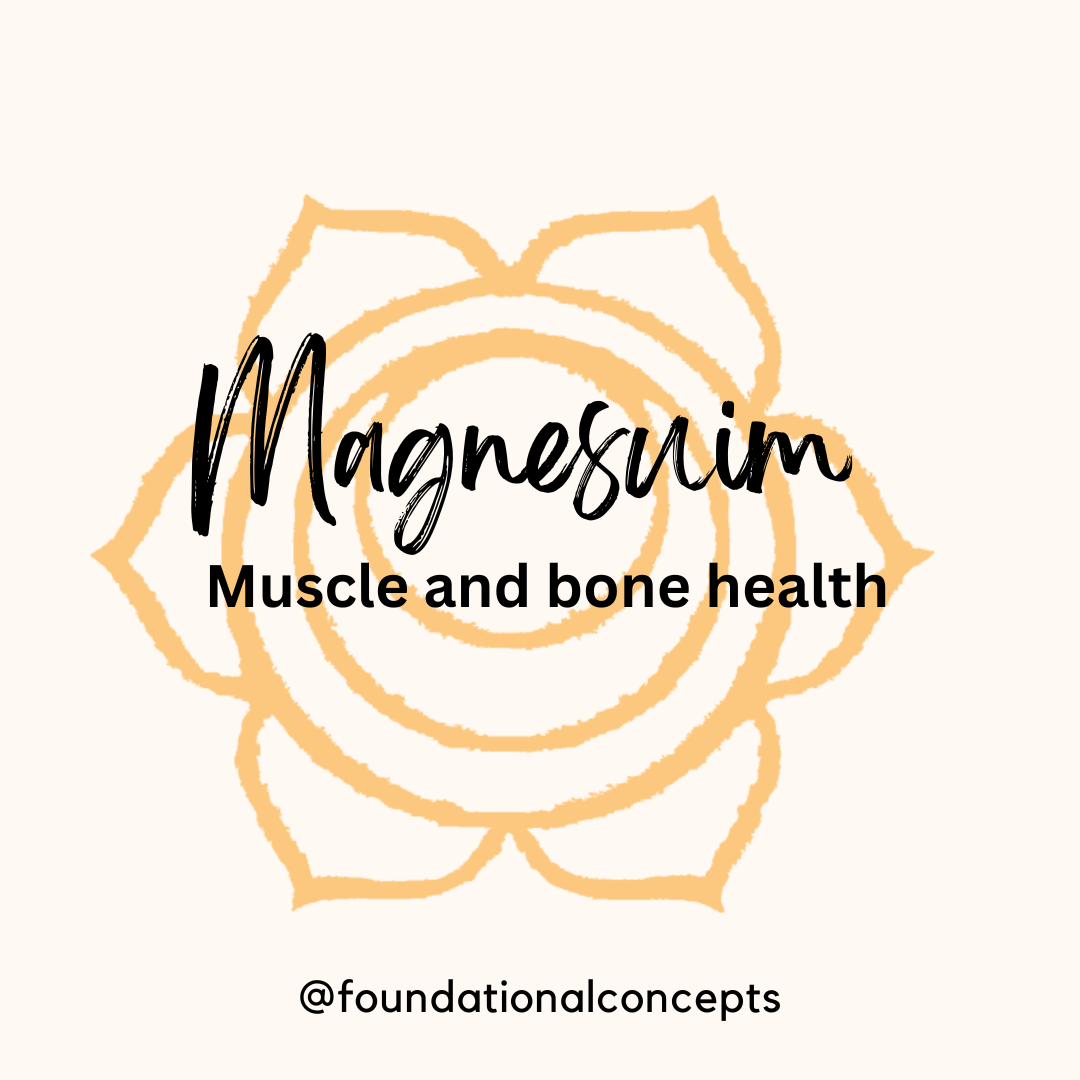Toxins cause a ton of problems in our bodies. When our body is hit with…

Magnesium
Magnesium is a key factor in keeping our bodies running well. It has an impact on the heart, bones, muscles, nerves, and gut. Without enough magnesium, these areas malfunction. Studies have shown that diets higher in magnesium are associated with lower rates of disease. There are still questions as to whether supplementation alone can correct these conditions. Likely, because a magnesium-rich diet is also higher in other nutrients, It is important to work to eat a healthy diet that is rich in whole foods for disease prevention.
Magnesium is naturally present in a variety of foods: legumes, dark green leafy vegetables, nuts, seeds, whole grains, fish, poultry, and beef. Magnesium has an important role in aiding over 300 enzymes to carry out chemical reactions in the body. Building proteins and strong bones, regulating blood sugar, blood pressure, and muscle and nerve functions are among some of them. Magnesium also acts an electrical conductor, for muscle contractions and heart beat. Much of the magnesium in our body is stored in bones, and the remaining in various tissues throughout the body.
Magnesium plays an important role in muscle function and in recovery after exercise. Magnesium plays a role in helping muscles relax. Muscles can get sore especially after doing a new activity or performing an activity for a longer period of time, and the muscle fibers can stay in a more contracted position. Magnesium helps with the recovery time and also helps with muscle fiber length allowing muscles to achieve a lengthened position. Magnesium can also help the body’s use of Vitamin D. Low Magnesium levels can impact the body’s ability to break down Vit D into a useable form. Both nutrients are important for muscle and bone health.
Magnesium levels are controlled in the kidneys by dictating the amount of magnesium released in the urine. So even with low intake, magnesium deficiencies are not common in the healthy population. However, people with gastrointestinal, type 2 diabetes, or kidney disease, and people who are taking diuretics or proton-pump inhibitors may be at higher risk.
Signs of magnesium deficiency can include muscle cramps or soreness, fatigue, decreased appetite, or irregular heartbeat. The best way to know if you have a magnesium deficit is by blood work to check levels. If you do have low levels, adding magnesium-rich foods is a good place to start. Another option is Epsom salt baths which contain magnesium sulfate which is absorbed well through the skin. There are also lotions that have magnesium in them that you can apply directly to a sore muscle or cramp.
Some foods that are high in Magnesium include:
- Almonds, peanuts, cashews, nut butters
- Pumpkin seeds
- Beans (black, kidney), soybeans, soy milk
- Cooked spinach, Swiss chard
- White potato with skin
- Brown rice, oatmeal
- Salmon, Beef, Poultry
- Banana, raisins
- Dark chocolate (>70%)
- Milk, yogurt
There are several types of magnesium supplements that have different effects.
- Magnesium sulfate is the best for muscle recovery.
- Magnesium chloride is the most commonly found type in your local pharmacy.
- Magnesium citrate is the easiest to digest and helps with smooth muscle relaxation of the digestive tract.
- Magnesium glycinate helps with stress management.
- Magnesium malate helps with blood sugar control
- Magnesium taurate helps with high blood pressure
As with any supplement, it is best to talk to your doctor to make sure that the supplement does not interfere with any of your medications.



